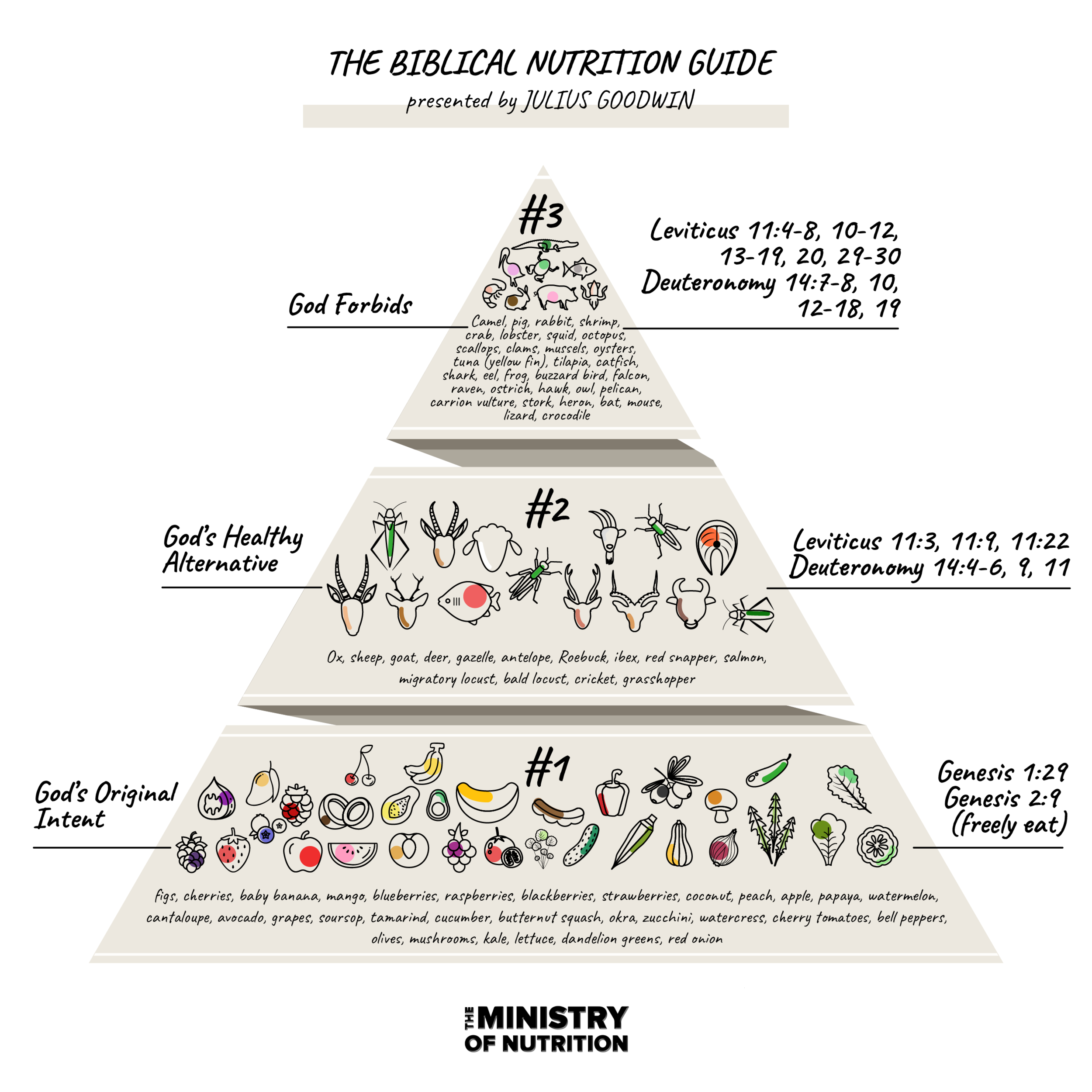Here’s some research I gathered on alkalinity in the human diet, plus key points about how alkaline diets can be beneficial:
Normally, our kidneys maintain our electrolyte levels (those of calcium, magnesium, potassium and sodium). When we’re exposed to overly acidic substances, these electrolytes are used to combat acidity.
Many of us today consume a high-sodium diet that’s very low in not only magnesium and potassium, but also antioxidants, fiber and essential vitamins.
Our diets have resulted in increased “metabolic acidosis.” In other words, the pH levels of many people’s bodies are no longer optimal. As a result, many are suffering from low nutrient intake and problems such as potassium and magnesium deficiency.
This accelerates our aging process, causes gradual loss of our organ functions, and degenerates our tissue and bone mass. High degrees of acidity force our bodies to rob minerals from the bones, cells, organs and tissues.
Alkaline Diet Benefits:
Protects Bone Density and Muscle Mass
Our intake of minerals plays an important role in the development and maintenance of our bone structure.
An alkaline diet can help balance ratios of minerals that are important for building our bones and maintaining lean muscle mass, including calcium, magnesium and phosphate. Alkaline diets also help improve our production of growth hormones and vitamin D absorption, which further protects bones in addition to mitigating many other chronic diseases.
Lowers Risk for Hypertension and Stroke
The alkaline diet has an anti-aging effect that it decreases inflammation and causes an increase in growth hormone production. Research has also shown to improve cardiovascular health and offer protection against common problems like high cholesterol, hypertension (high blood pressure), kidney stones, and stroke.
Lowers Chronic Pain and Inflammation
Studies have found a connection between an alkaline diet and reduced levels of chronic pain. Chronic acidosis has been found to contribute to chronic back pain, headaches, muscle spasms, menstrual symptoms, inflammation and joint pain.
Boosts Vitamin Absorption and Prevents Magnesium Deficiency
An increase in magnesium is required for the function of hundreds of enzyme systems and bodily processes. Many of us are deficient in magnesium and as a result experience heart complications, muscle pains, headaches, sleep troubles and anxiety. The availability of magnesium is also required to activate vitamin D and prevent vitamin D deficiency, which is important for overall immune and endocrine functioning.
Helps Improve Immune Function and Cancer Protection
When cells lack adequate minerals to properly dispose of waste or oxygenate the body fully, the whole body suffers. Vitamin absorption is compromised by mineral loss, while toxins and pathogens accumulate in the body and weaken the immune system.
Can Help You Maintain a Healthy Weight
When we limit the consumption of acid-forming foods and eating more alkaline-forming foods, it can protect our body from obesity by decreasing leptin levels and inflammation, which affects our hunger and fat-burning abilities. Alkaline-forming foods are anti-inflammatory foods, and consuming an alkaline diet gives our body a chance to achieve normal leptin levels and feel satisfied from eating the amount of calories we really need.
Best Alkaline Foods:
Fresh, whole and raw fruits and vegetables promote alkalinity the most. Some of the top picks include mushrooms, dates, plum tomatoes, avocado, apples, cucumber, kale, oregano, basil, ginger, watermelon (seeded), figs and baby bananas.
Ideally try to consume a good portion of your produce raw. Uncooked fruits and vegetables are said to be biogenic or “life-giving.” Increase your intake of raw foods and lightly steaming fruits and vegetables.


